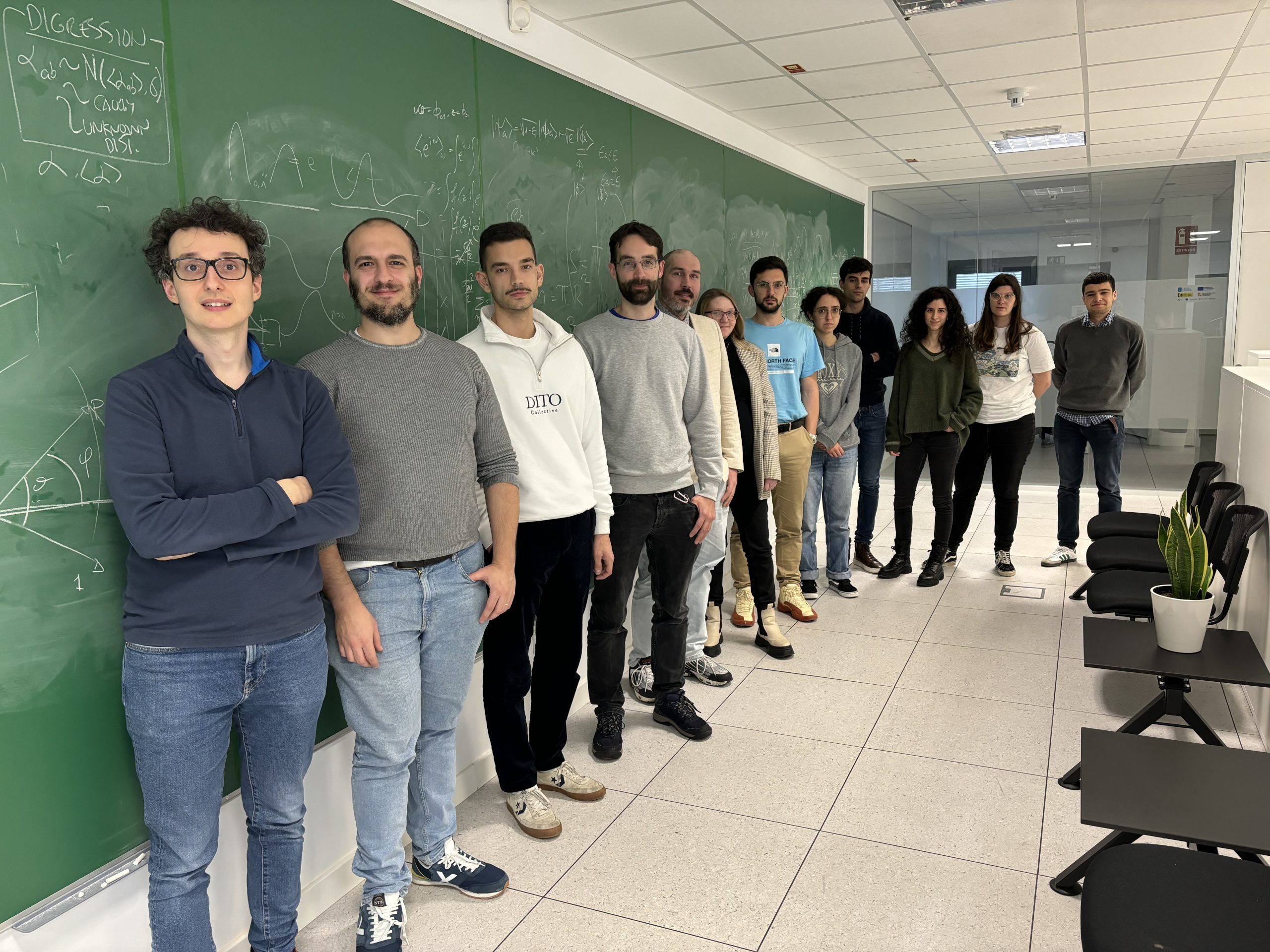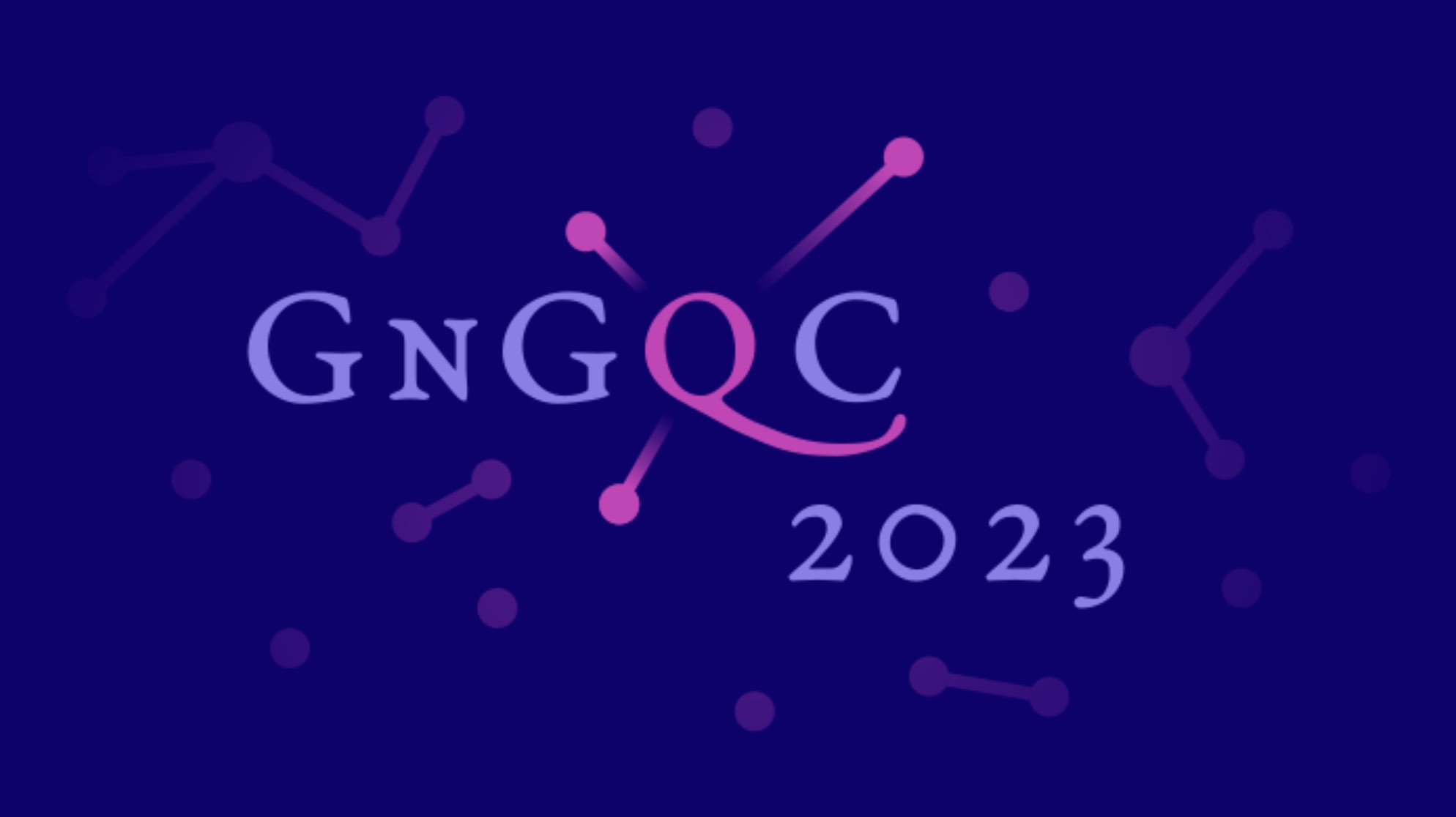Launch of the Quantum
Secure Networks Partnership (QSNP)

The new European Quantum Flagship project in quantum communications will aim to develop and deploy quantum cryptography technology that will permit the ultra-secure transmission of information through the network.
Digital communications have been key players in all connectivity advances society has experienced in these last decades. The increasingly astonishing number of devices and systems connected to the global networks and the information that is being transmitted amongst them is an indication that we are indeed in need to protect the information that can be considered sensitive.
We are aware that most networks are public and may be easy targets to attacks by hackers. Therefore, one of the major concerns for all users nowadays is security. There is an imperative need to secure our information as much as possible so no one can have access to it. But many current existing cryptography techniques that are used to secure our information are in fact based on methods that are becoming vulnerable to the constant increase of computer processing capabilities.
March 1st, 2023, has been the official launch of the Quantum Secure Networks Partnership, or QSNP, a new project in the area of quantum communications of the Quantum Flagship. QSNP brings together more than 40 partners from all over Europe, ranging from academia, foundries and RTOs, SMEs and spin-offs, to network and cryptography integrators and telecom operators. In the time span of 3.5 years and with a budget of 25M€, these experts in the field of quantum technologies will seek to fulfil three main goals.
Firstly, they will develop advanced quantum technology for quantum secure communication networks against the ever-increasing power of computers and the sophistication of algorithms, even for quantum computers. That is, they will work on the development and deployment of next generation protocols based on Quantum Key Distribution (QKD) cryptography techniques, that can help reduce the security assumptions needed for the networks, extend the range of secure communication, and search for new functionalities that could beyond these techniques.
Secondly, they will aim to integrate this innovative quantum cryptography technology not only at the component, system and network levels, but also into existing classical telecommunication systems and post-quantum protocols, assuring an additional layer of ultra-secure communications in this hybrid classical-quantum network.
Finally, they will apply all the know-how and capabilities acquired, as well as the technology developed, into different use cases, mainly into delivering critical European technology for government infrastructures such as the European Quantum Communications Infrastructure (EuroQCI). In doing so, they are interested in identifying the potential users, be it authentication, long-term secure storage, critical infrastructure protection, clock synchronization or primitives beyond QKD, in order to provide robust and solutions to their needs. In addition, the project will be a launchpad for future applications, to exploit new capabilities, evaluate new cost/effective features, measure use/integration easiness levels, and explore new sectors where quantum technologies could take over markets that are not being reached by the current technology.
As the official launch of the project has occurred, the first in person meeting with all the consortium partners will be held at ICFO premises in Barcelona, from 24-25 April, 2023.















